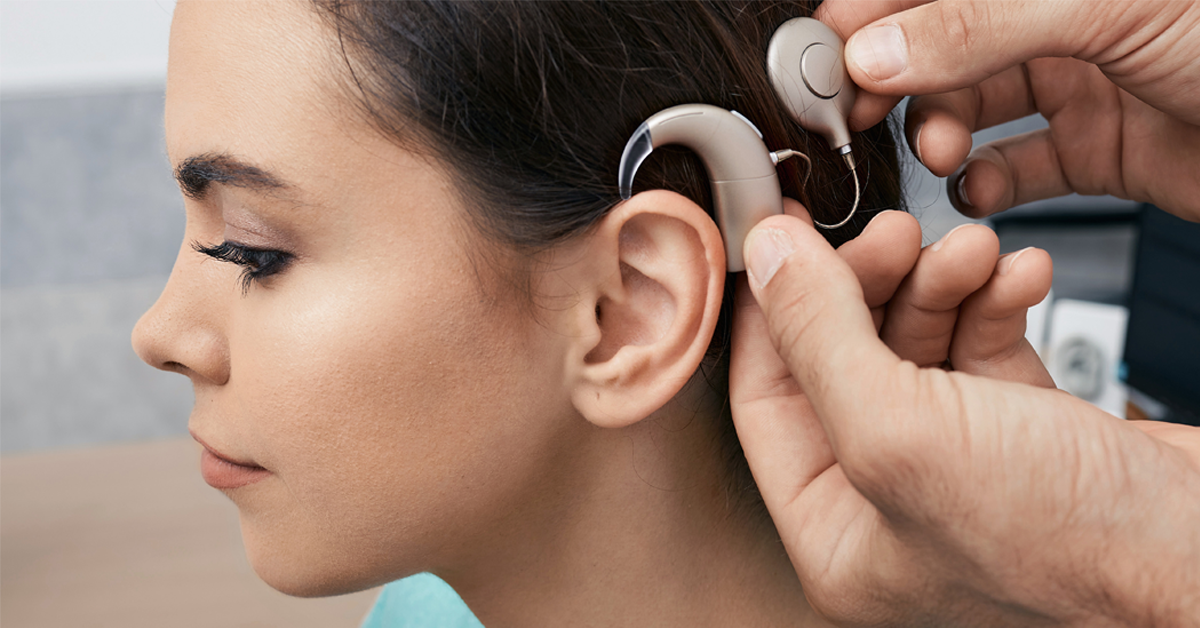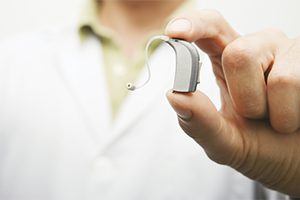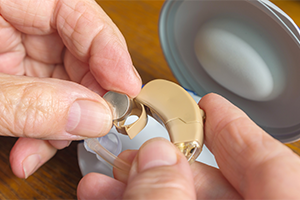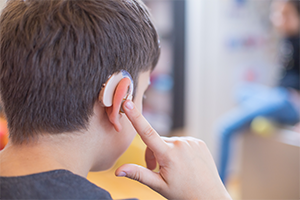To ensure you’re receiving the most up-to-date and accurate information, please choose the correct agency from the homepage. The DHEC website is no longer being updated and will be permanently unavailable Dec. 31, 2024.
The Hearing Program helps assure optimal health and functioning of children, youth, and young adults with diagnosed hearing loss. This program provides supplies for hearing aids, cochlear implants, and bone anchored hearing aids (BAHA) to facilitate healthy growth and development of language and speech. Care Coordination is also provided to help ensure the client's health care needs are met.
Eligibility Requirements
- U.S. citizenship or lawful permanent residency
- South Carolina residency
- Age under 18 years (services available for people over age 18 with certain types of Medicaid coverage)
- Household income at or below 250% of the federal poverty level or Medicaid eligible.
Services
How to Apply
Contact your nearest regional CYSHCN office.
Questions?
If you have questions about getting services for your child with special needs, please contact us.



